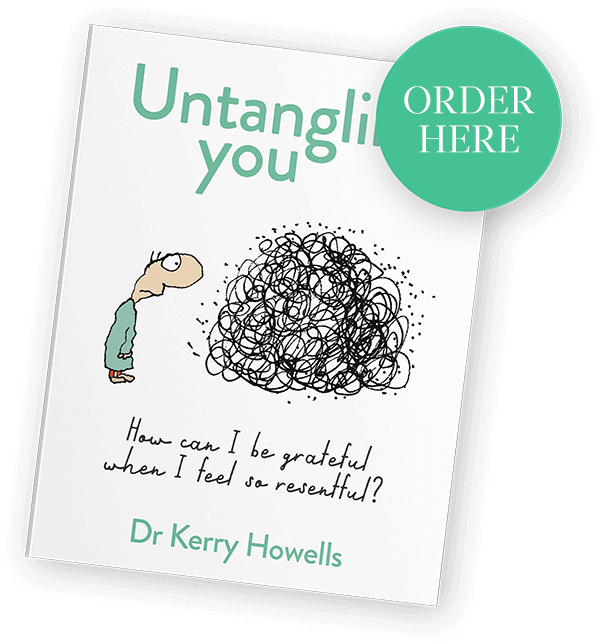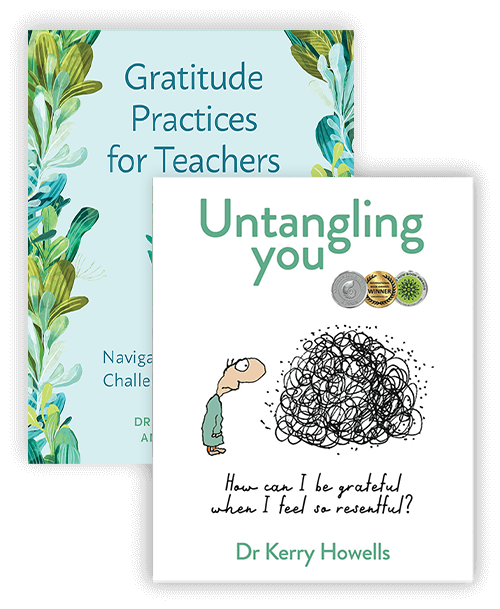 At the end of a recent workshop I gave on gratitude we went around the room and people shared the gratitude practices that they want to implement. Several participants thanked me and I offered my thanks to them. As the event came to a close, I recognised that I had not publicly thanked the organiser, whom I will call Maria, who was also present at the time. I felt awkward in coming back to gratitude as we had already rounded things up. The irony of this was that we had just spent a whole two days exploring the role of gratitude.
At the end of a recent workshop I gave on gratitude we went around the room and people shared the gratitude practices that they want to implement. Several participants thanked me and I offered my thanks to them. As the event came to a close, I recognised that I had not publicly thanked the organiser, whom I will call Maria, who was also present at the time. I felt awkward in coming back to gratitude as we had already rounded things up. The irony of this was that we had just spent a whole two days exploring the role of gratitude.
Gratitude gives us grace and if we don’t express it where it’s due, it is grace that we lose. One meaning of grace is ‘smoothness and elegance of movement’. These qualities apply to what gratitude gives to relationships, which are neither smooth nor elegant when we forget to express our gratitude.
In my research, a common theme is that when participants pay greater attention to practising gratitude they feel calmer. I believe that one reason for this is that an existential gap has been filled; a deep human need to express gratitude has been met. Our lack of gratitude, however, can lurk in our subconscious and give us a sense – perhaps unidentified – of incompletion, of something broken. When we do express gratitude, peace is restored. The relationship can start to move again in an elegant and smooth way.
The ebb and flow of gratitude is a contractual agreement between us as human beings – an essential part of our DNA, even though it might be expressed in different ways from culture to culture. When I was a visiting scholar in South Africa a few years ago, I was privileged to learn much about the role of gratitude in Zulu culture. The Zulu people have so many stories transmitted orally from generation to generation about the importance of gratitude and so many rituals where gratitude needs to be expressed. If one did not express gratitude they would be considered uncivilised or even barbaric. Gratitude is what gives grace to the Zulu culture.
If we want to remember gratitude more often or make it part of our nature, it’s important to look at factors that might prevent us from expressing gratitude. One of the biggest of these is the misperception that the time or the opportunity has passed.
We may feel an awkwardness in returning to something that should by now be under the bridge or maybe think that the person we forgot to thank will feel we are being overly sensitive. Our second-guessing or projection can get in the way. In reality, it’s not our role to manage the other person’s reactions to our gratitude.
If we feel a sense of incompletion or brokenness because of a lack of gratitude, it’s highly likely that the other person is feeling this as well. This may not be apparent on the outside. Indeed, many of us have become really good at trying to deny or suppress the hurt we feel when we are not properly thanked.
Often we cannot restore things to their natural balance without an expression of gratitude, no matter how much time has passed or how awkward we may feel. A simple statement such as, “I know that a long time has passed, but…”.
Taking the other person for granted may be another reason why we omit to express gratitude. I may have been guilty of this in not expressing gratitude to Maria. As it was her role to organise the event, I may have unknowingly been in a transactional relationship with her and it may have seemed unimportant at the time to give her due acknowledgment of her contribution.
We may feel ashamed or guilty about not expressing gratitude when it was due. I might have felt the moment had passed and the opportunity to publicly thank Maria would never return. The lovely thing about integrity though is that it is not about always acting as we feel we should. Integrity is about acknowledging when we have gone off track and getting back on track again by taking appropriate action. In this case, I knew that the only way to gain integrity was to contact Maria, express my regret, and offer her my sincere gratitude.
Emotions such as guilt can play their part in alerting us to the fact that something needs to be restored. Once action has been taken, it’s important that we allow ourselves to be filled with gratitude for the fact that the relationship has been given a chance to return to back to its smooth and elegant flow.
Powerful questions for reflection at the end of the day can be: To whom do I need to express my gratitude and how can I do this tomorrow? Did I neglect to express my gratitude to someone today? Could I have given a relationship more importance through my gratitude?
Kerry







